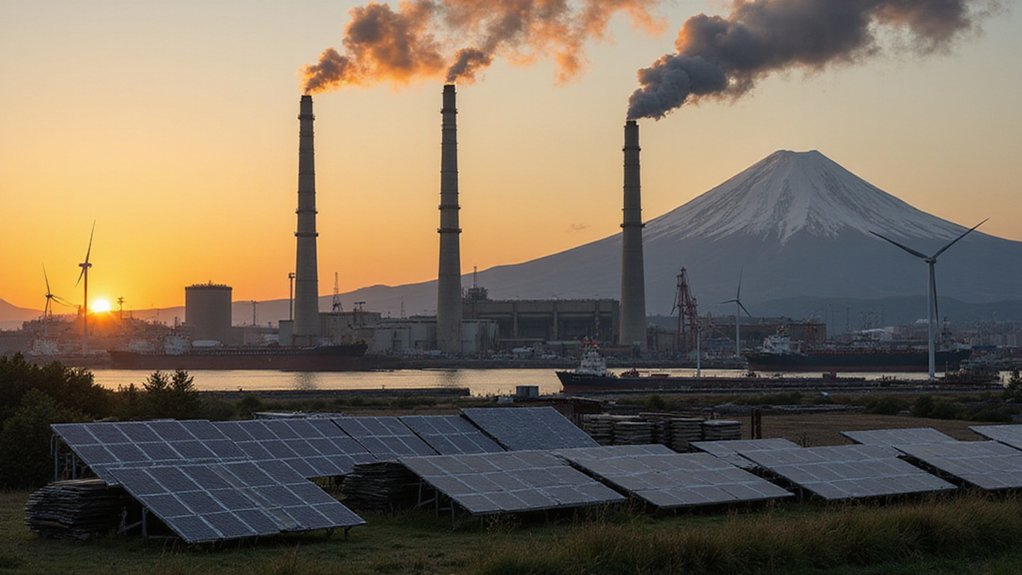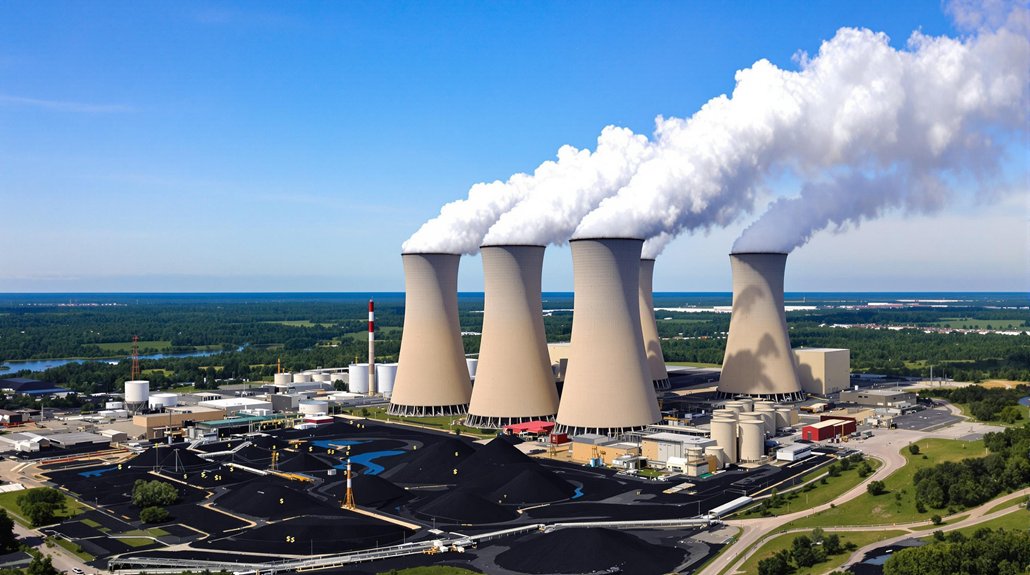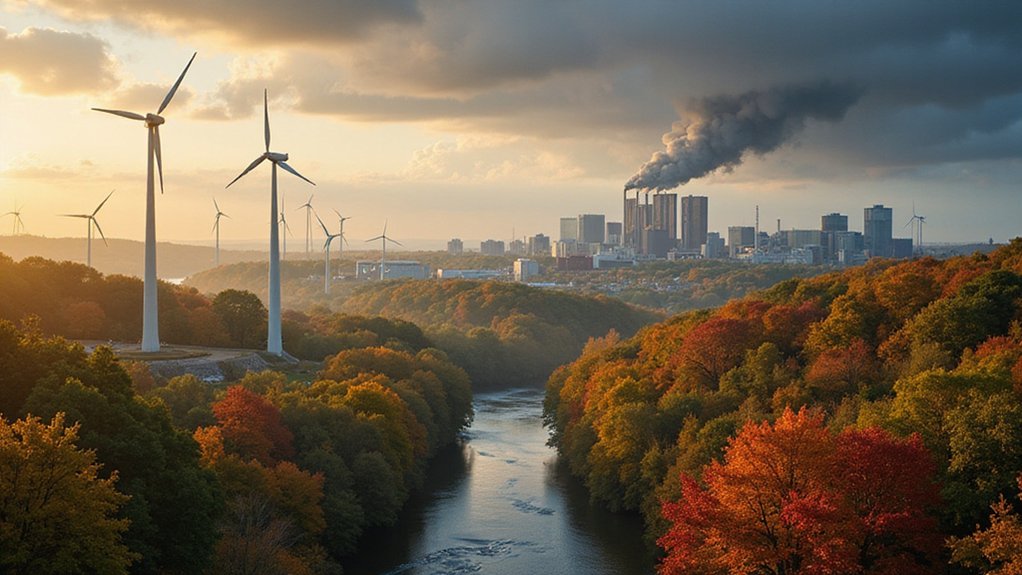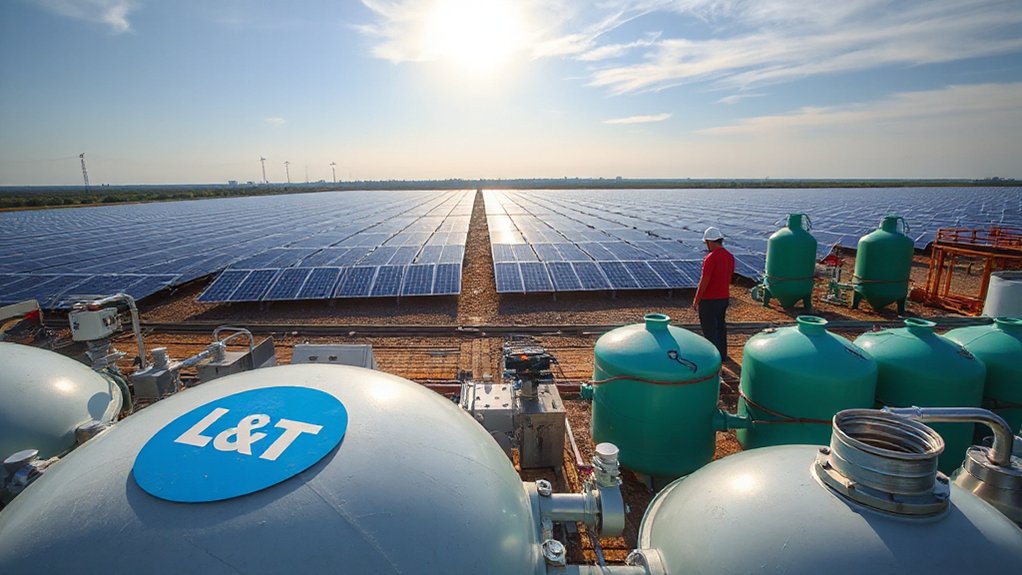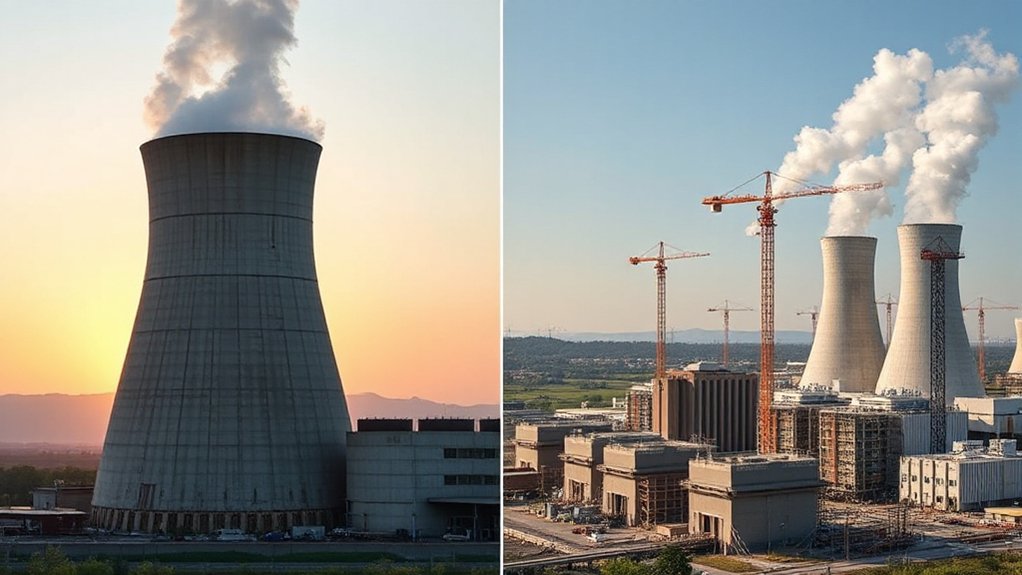As House Republicans reveal ambitious legislation to claw back billions from the Inflation Reduction Act‘s climate programs, they’re walking a tightrope between fiscal conservatism and economic self-interest. House Energy and Commerce Committee Chairman Brett Guthrie (R-Ky.) is leading the charge, targeting what he estimates as $6.5 billion in savings from climate law repeals. The markup scheduled for Tuesday marks a pivotal moment for the GOP’s energy strategy.
Republicans claim Americans are “tired of an extreme left-wing agenda.” But are they? Not all GOP members seem convinced. A growing rebellion is brewing within Republican ranks, with 21 House Republicans signing a letter urging preservation of clean energy tax credits. These lawmakers aren’t exactly tree-hugging environmentalists—they’re pragmatists watching billions flow into their districts.
The irony is thick enough to cut with a chainsaw. The very incentives Republicans want to slash have been economic boons for red districts across the country. Rep. Andrew Garbarino (R-N.Y.) organized the opposition letter, arguing clean energy development actually aligns with Trump’s “energy dominant” vision. Talk about awkward family dinners.
The bill specifically targets the Department of Energy‘s Loans Program Office and EPA’s Greenhouse Reduction Fund. The legislation also aims to accelerate permitting for gas exports and infrastructure projects, allowing companies to receive expedited approval for a fee of $10 million. A committee spokesperson tried softening the blow, noting the bill only targets “leftover funding” from nine renewable energy programs. Sure, just the leftovers. Nothing major.
Republicans are desperately trying to frame these rollbacks as deficit reduction measures. But with billions in investments and infrastructure projects hanging in the balance, the math gets complicated. Fast.
The clash represents months of internal GOP debate about energy’s future in America. The standoff highlights the Republican party’s identity crisis on energy policy. Eliminating these tax credits could cause immediate increases in utility bills for American consumers. These consequences come at a time when renewable energy costs are actually decreasing significantly for consumers. Some members see clean energy development as key to national security and economic competitiveness. Others view it as liberal excess that needs cutting.
Either way, America’s energy future hangs in the balance while Republicans sort out their family squabble.
References
- https://www.eenews.net/articles/energy-and-commerce-unveils-broad-climate-law-rollbacks/
- https://www.politico.com/news/2025/03/10/house-republican-clean-energy-tax-breaks-00218126
- https://punchbowl.news/article/vault/gop-clean-energy-problem/
- https://www.csl.sri.com/users/neumann/illustrative.pdf
- https://www.sweetstudy.com/files/termpaperdocumentsincludingindexfall20201-docx-7103396



